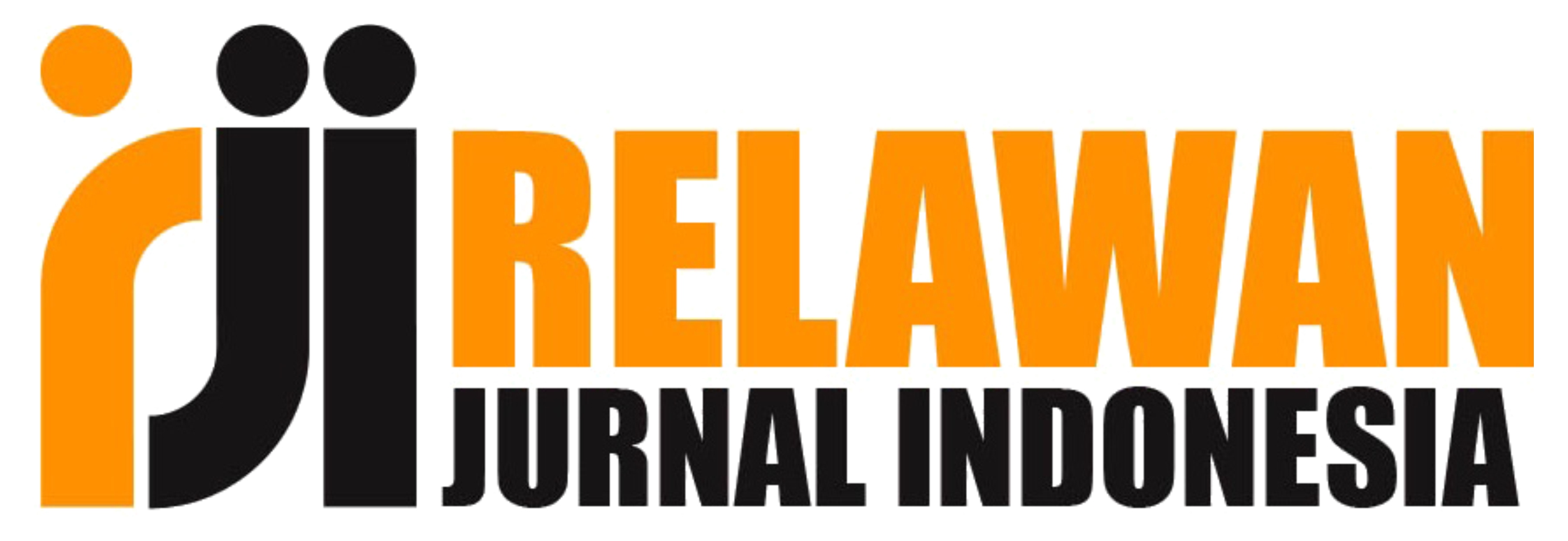Transformasi Peran Pendidik PPKn di Era Society 5.0 Menuju Pendidikan Humanis dan Digital
DOI:
https://doi.org/10.61476/24twya10Keywords:
Civic Educator, Role Transfotmation, Society 5.0, Humanistic Education, DigitalizationAbstract
The Society 5.0 era presents new challenges for the world of education, including Pancasila and Citizenship Education (PPKn). The role of PPKn educators is required not only as a conveyor of knowledge, but also as a facilitator, innovator, and reinforcer of humanistic values amidst digital developments. This article aims to describe the transformation of the role of PPKn educators in the Society 5.0 era, identify the challenges faced, and formulate innovative strategies in integrating humanistic values with the use of digital technology. The research method used is a literature study by reviewing books, journal articles, and official documents. The results of the study indicate that PPKn teachers need to master digital literacy, implement technology-based learning models, and continue to emphasize the formation of civic character. This transformation is key to realizing education that is relevant, adaptive, and oriented towards strengthening national identity in the digital era.
Downloads
References
Burhamzah. (2022). Peran guru dalam menghadapi era Society 5.0. Jurnal Pendidikan, 7(2), 115–123.
Direktorat Jenderal Pendidikan Tinggi, Riset, dan Teknologi. (2020). Strategi pendidikan nasional menghadapi era Society 5.0. Jakarta: Kementerian Pendidikan dan Kebudayaan.
Fazira, A. (2024). Menerapkan filosofi Ki Hajar Dewantara dalam transformasi pendidikan kewarganegaraan. Jurnal Didaktika Pendidikan, 14(1), 55–67.
Freire, P. (2018). Pendidikan Kaum Tertindas. Jakarta: LP3ES.
Johnson, D. W., & Johnson, R. T. (2009). An educational psychology success story: Social interdependence theory and cooperative learning. Educational Researcher, 38(5), 365–379.
Kementerian Pendidikan dan Kebudayaan. (2020). Strategi pendidikan nasional menghadapi era Society 5.0. Jakarta: Kemdikbud.
Lickona, T. (2012). Educating for character: How our schools can teach respect and responsibility. New York: Bantam Books.
Marpaung, D. (2023). Guru abad 21: Kompetensi dan tantangan di era digital. Jurnal Pendidikan dan Kebudayaan, 28(3), 201–210.
Prensky, M. (2001). Digital natives, digital immigrants. On the Horizon, 9(5), 1– 6.
Rogers, C. (1995). Freedom to learn. Columbus, OH: Merrill.
Sihotang, A. P. (2024). Peran guru PPKn profesional dalam literasi digital. Jurnal Hardik, 5(1), 22–31.
Soekanto, S. (2014). Sosiologi: Suatu pengantar. Jakarta: Rajawali Pers.
Sihotang, A. P. (2024). Peran guru PPKn profesional dalam literasi digital. Jurnal Hardik, 5(1), 22–31.
Sugiyono. (2017). Metode Penelitian Pendidikan. Bandung: Alfabeta.
UNESCO. (2018). ICT competency framework for teachers. Paris: UNESCO.
Wibowo, R. D. A. (2025). Transformasi pendidikan kewarganegaraan di era Society 5.0. Jurnal Pendidikan Kewarganegaraan, 13(2), 98–110.
Yulianti, D., & Nugraha, A. (2021). Transformasi peran guru PPKn dalam era digital. Jurnal Pendidikan Kewarganegaraan, 11(2), 120–132.
Published
Issue
Section
License
Copyright (c) 2025 Adelia Rachmawati Fajriyah, Cintya Ardinary, Malika Alia Kasta, M. Hanif Alwan, Rihan Siti Nurahma (Author)

This work is licensed under a Creative Commons Attribution-ShareAlike 4.0 International License.














